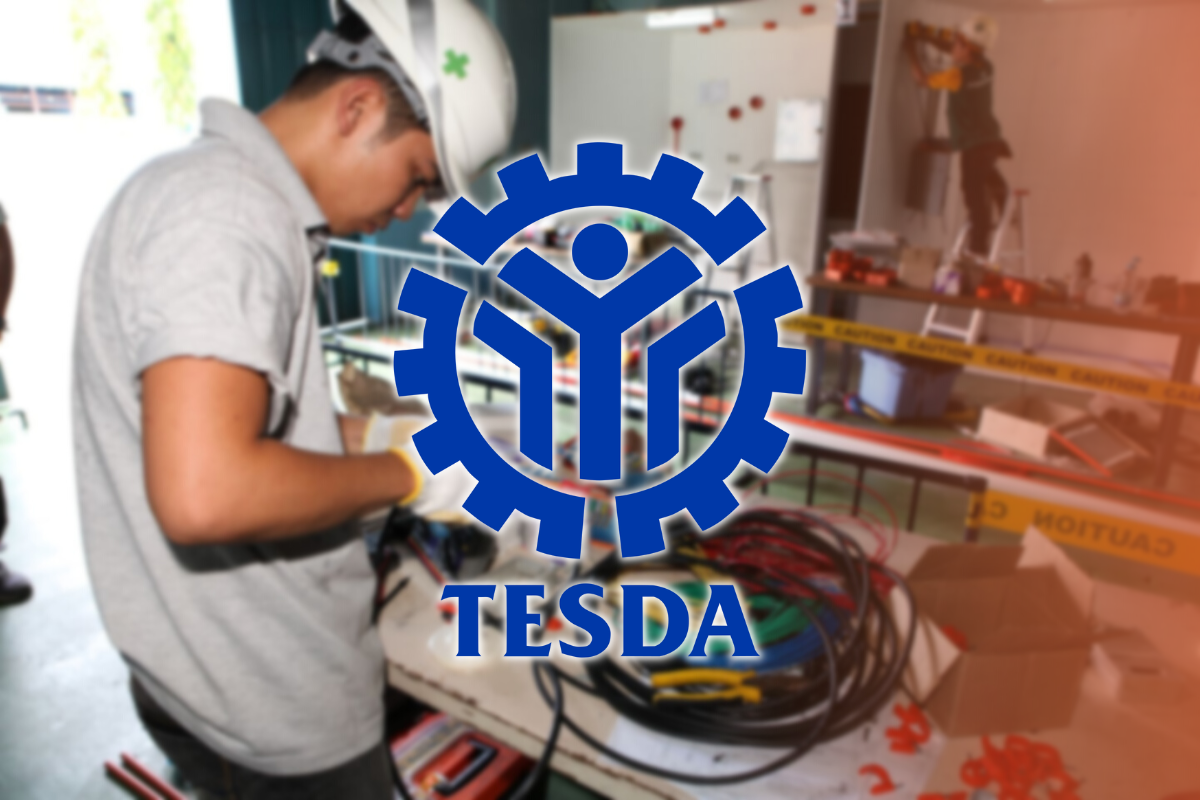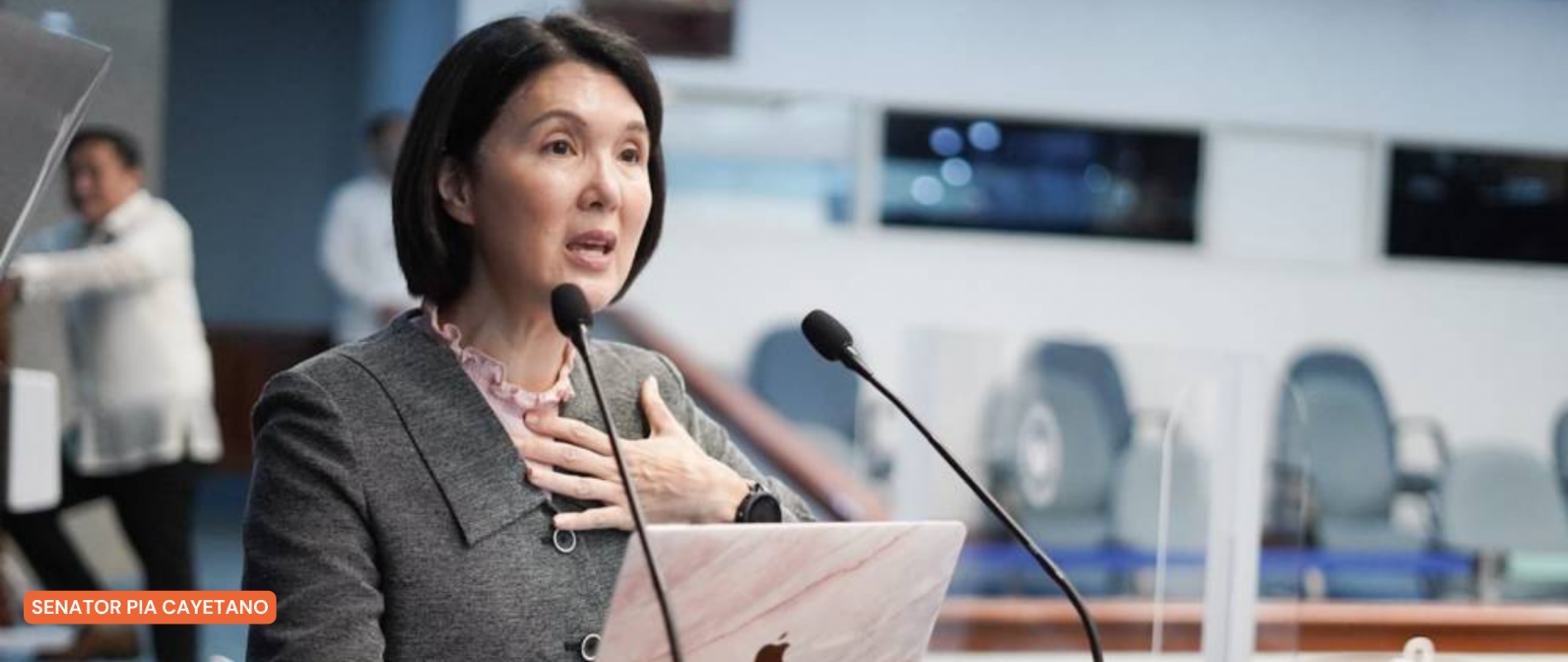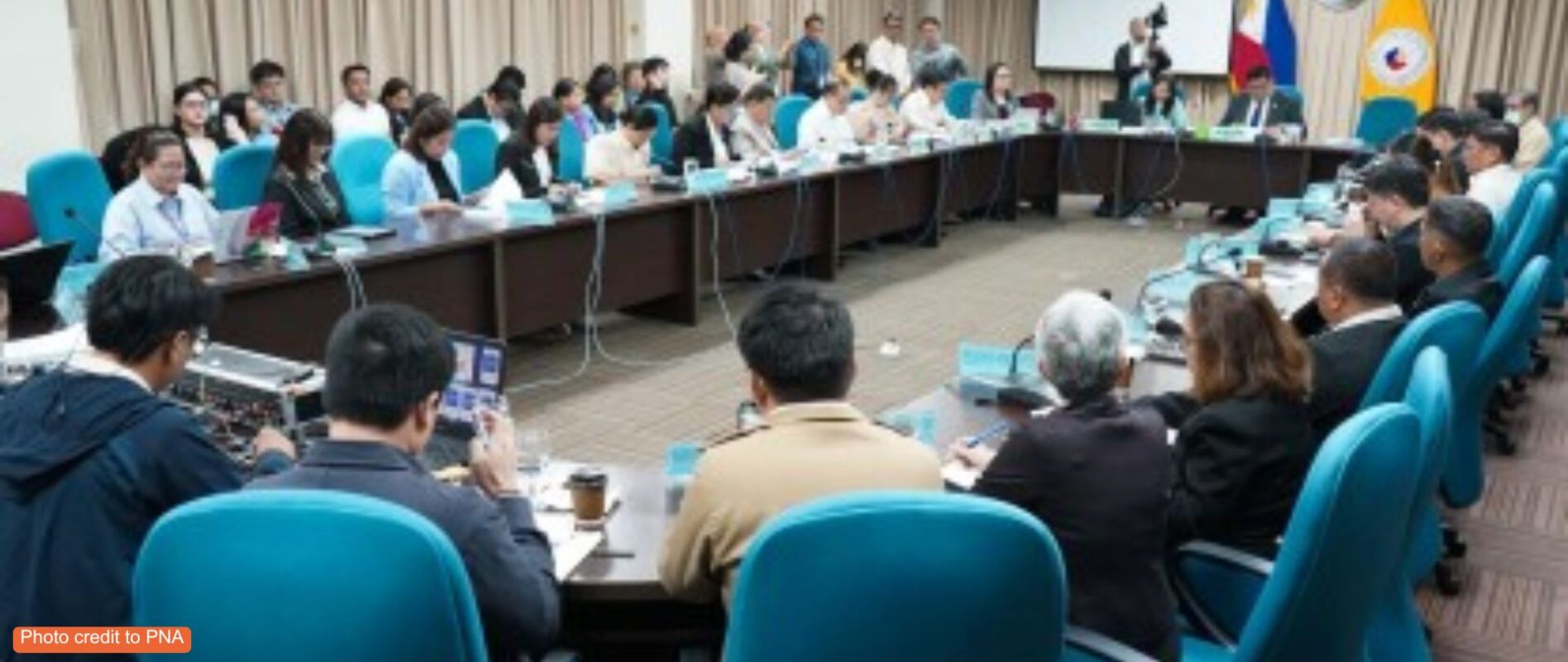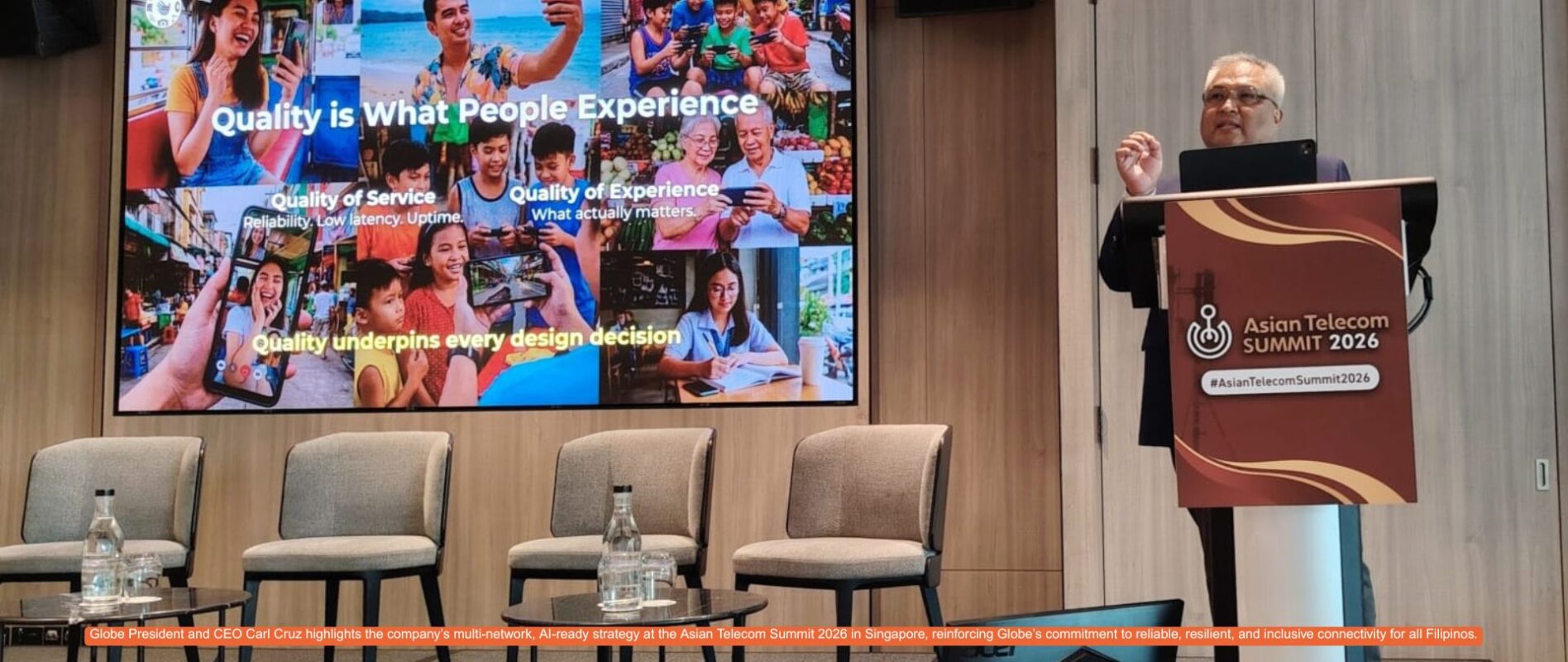TESDA OPEN TO CURRICULUM REVIEW
THE TECHNICAL Education and Skills Development Authority is open to the plan to revisit the country’s education curriculum in order to further enhance workforce job readiness, competitiveness and relevance.
The agency said it has strengthened its industry boards and its coordination with industry associations so that these will be more involved in the development of competency standards and training regulations.
TESDA has actively engaged industry partners in developing the content of training regulations for workers and tech-voc trainers to ensure that what is being taught in tech-voc institutions are the exact skills needed by the industry.
In the last five years, more college students and graduates have enrolled in TESDA tech-voc courses. On average, 47 percent of technical vocational education and training graduates had a college degree or were studying in college before enrolling in TVET courses, according to TESDA’s Study on the Employment of Technical Vocational Education and Training Graduates.
SETG attributed this rise of tech-voc enrollment to college graduates not having the skills required by the industry brought about by the lack of actual hands-on training and exposure to updated equipment.
TESDA Deputy Director General Aniceto Bertiz III said that TESDA has been implementing enterprise-based training programs through its “EBT to the Max” promotion campaign.
“These enable our trainees to receive instruction in two venues: the institution for their theoretical subjects and in-company to apply what they had learned and to be familiar with tools and equipment commonly used in industry,” he said.
The graduates of “EBT to the Max” programs have consistently reported higher employment rates than other tech-voc programs.
“We need more of the country’s industries to participate and implement training through EBT to the Max. This will give our tech-voc trainees the edge needed to remain competitive and graduate from their courses with job-ready skills,” Bertiz said.
At present, 1,876 institutions and their partner companies are implementing “EBT to the Max” programs in the country.
TESDA recently started implementing its area-based and demand-driven TVET policy reform to better zoom in and focus on the skills needed by the industries and employers in a specific area or locality.
Bertiz said that rapid advances in technology introduced by the 4th Industrial Revolution will also trigger mismatches as more workers and graduates may not have updated knowledge and skills.
He said TESDA has been incorporating 21st Century Skills into its training regulations and curriculum. These skills include critical thinking, creativity, collaboration, communication, information literacy, media literacy, and technology literacy, among others.














